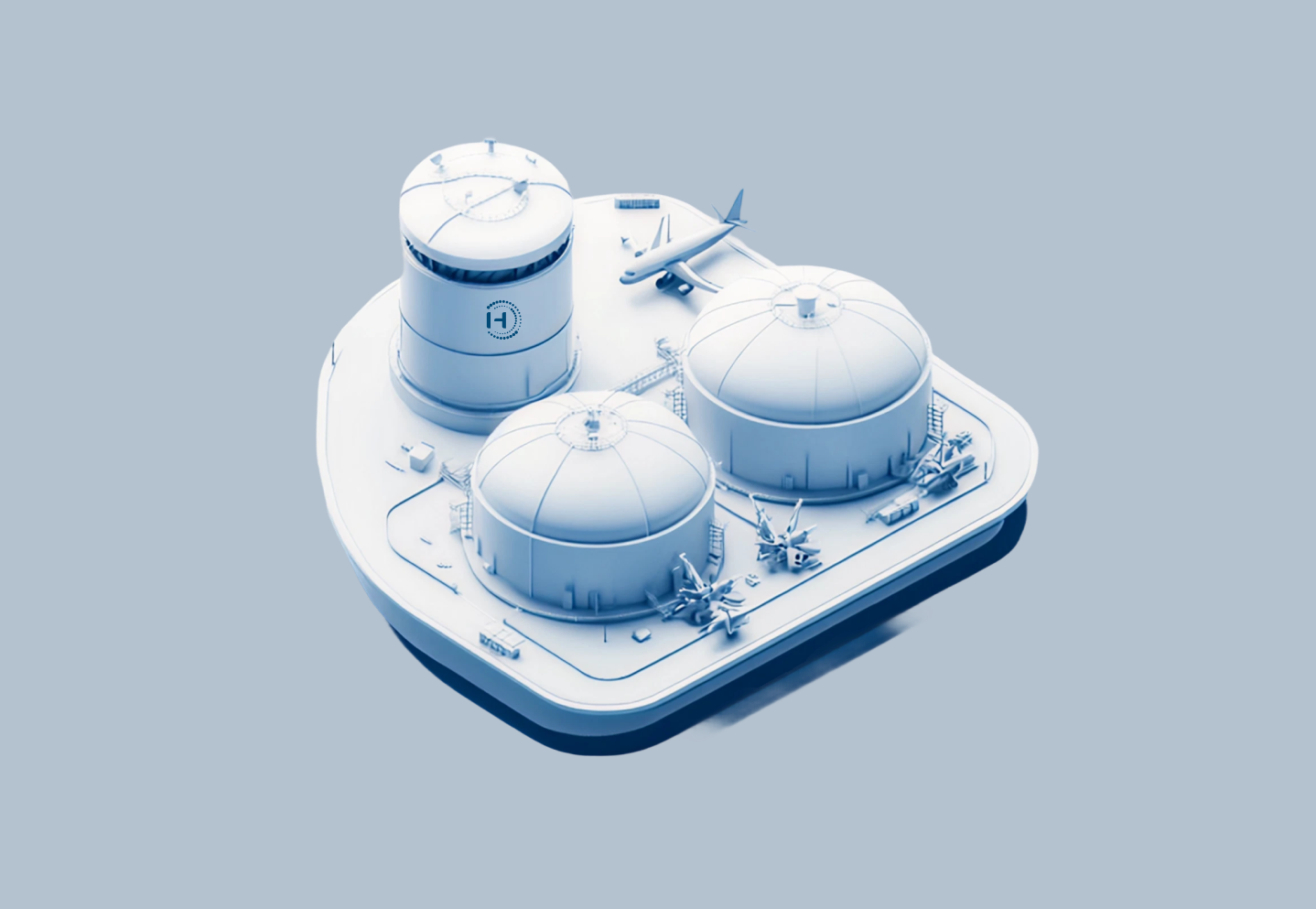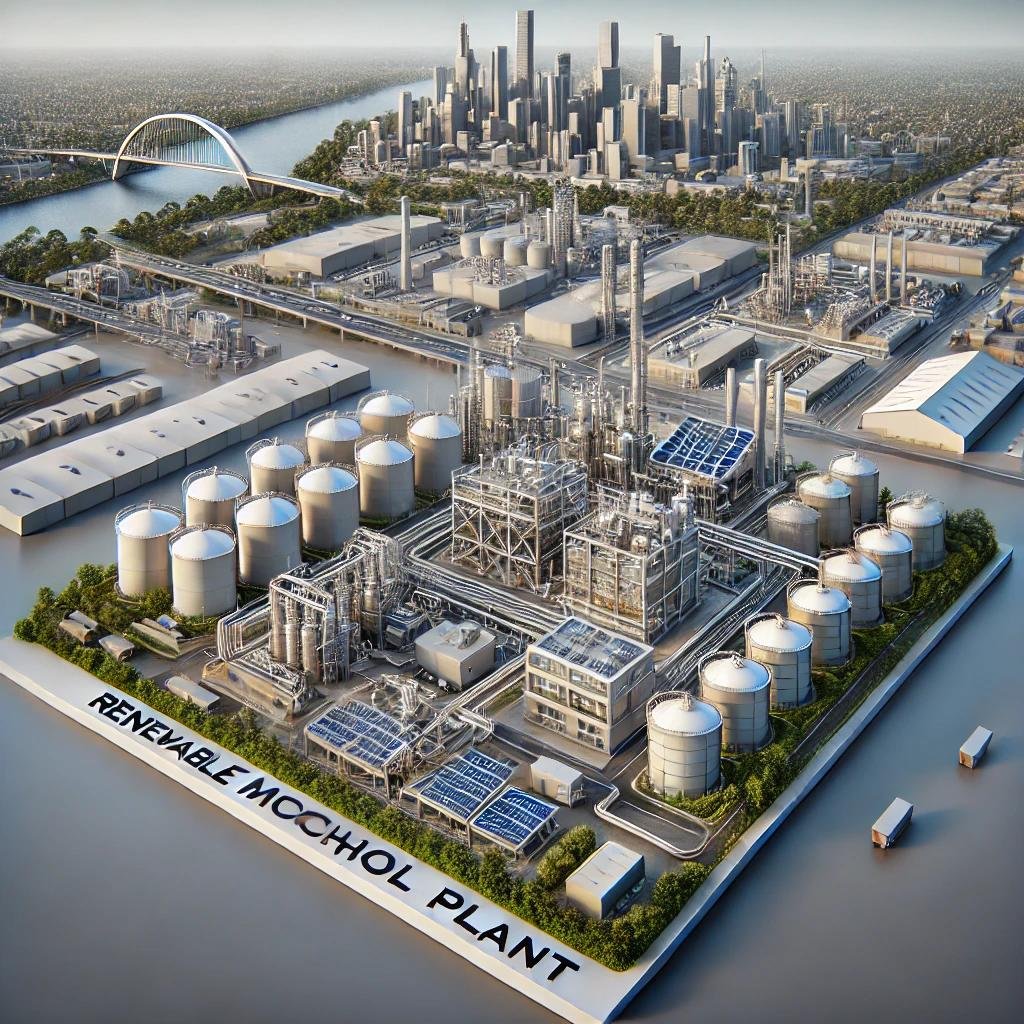
PIPELINE
Project Portfolio
Key Project
A cutting edge facility in Portland, Victoria, converting residual biomass and renewable electricity into low carbon methanol, a sustainable fuel alternative.
The project will use residual forestry biomass as a key input, and once operational will create:
300,000 tonnes of low carbon methanol
Enough to decarbonise 3.5 million trips from Melbourne to Sydney
320,000 tonnes of CO2 abatement per annum
Decarbonisation of up to 90% vs fossil fuels
Portland Renewable Fuels
This breakthrough facility uses low carbon methanol to unlock production scale for the aviation industry by converting it into sustainable aviation fuel (SAF).
The project will create:
Up to 125 million litres per annum of sustainable aviation fuel
Other products including renewable diesel and dimethyl ether
Decarbonisation of up to 80% vs fossil jet fuel
Methanol to Jet Facility
Project Pipeline
The Melbourne project will convert Construction and Industry (C&I) waste into renewable methanol. The project completed preliminary feasibility back in 2022 with support from the Victorian Government.
Project partners included Bingo Industries and Worley.
Melbourne Renewable Fuels
Project Pipeline
Project Pipeline
Located in New Zealand, the Tasman project focuses on the large forestry industry in the South Island. The project will take residual biomass which is currently an issue for the industry and turn it into renewable fuels.
The project will leverage the design work completed for Portland.
Tasman Renewable Fuels
Project Pipeline
The Great Southern Renewable Fuels Project will produce 300,000 tonnes of renewable fuels per annum.
The process will replicate the Portland Renewable Fuels project and utilise residual forestry biomass from the local forestry industry. There is also potential to process agricultural waste to expand production.
Great Southern Renewable Fuels












